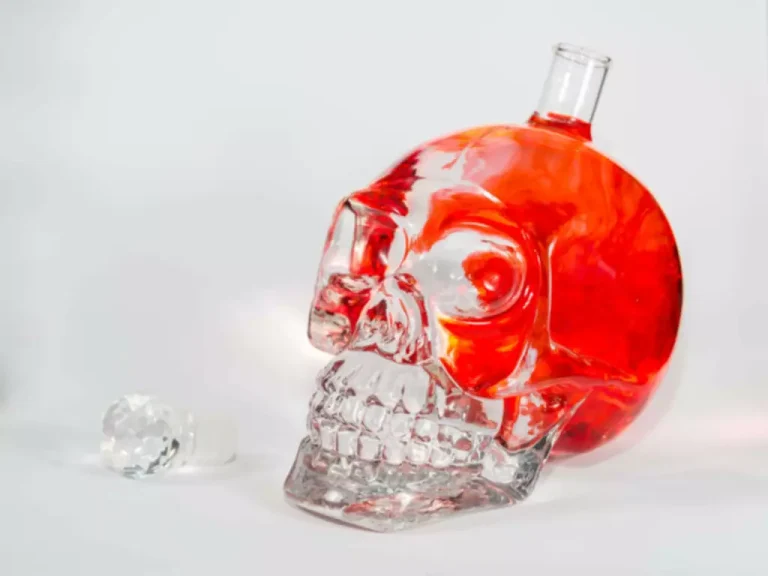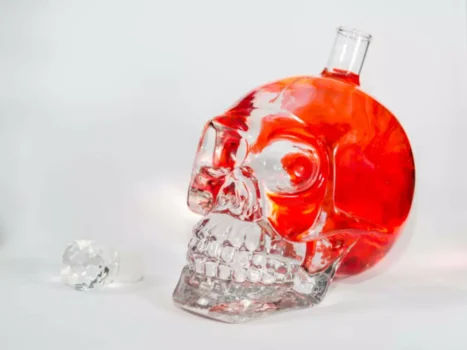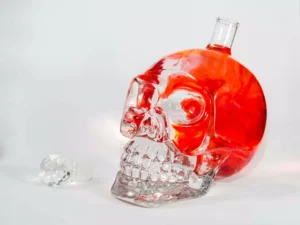
Yes, excessive alcohol consumption can lead to permanent eye damage, including conditions such as alcoholic optic neuropathy, which can result in irreversible vision loss. For individuals who are struggling with alcohol abuse or are concerned about their vision as a result of excessive drinking, there are resources available for help. Additionally, support groups and counseling services can offer valuable support for individuals who are working towards reducing their alcohol intake and improving their overall health. Drinking alcohol affects the body and brain, and heavy drinking can have long term effects on your health, including your eyesight. You can keep the health risks low from drinking alcohol by following NHS guidance about alcohol intake. Advice includes drinking no more than 14 units a week regularly, having a few drink-free days each week, and spreading your intake over several days.
Treatment Options for Alcoholic Eyes
- ModerationWhen enjoyed in moderation, alcohol will not damage your eyesight on a permanent basis.
- When someone spends a night drinking too much, the brain has trouble communicating with every part of the body including the eyes.
- Though these aren’t eye diseases, the first signs of these conditions are often seen in the eyes as part of a comprehensive eye exam.
A person should talk with a doctor about treatment options that will work for them. Possible short-term problems relating to intoxication include blurry vision, changes in color perception, and light sensitivity. Treatments can vary based on how alcohol has affected a person’s eyes and optic nerve.

Understanding Alcohol Eyes: Symptoms and Causes
- It’s no secret that excessive alcohol consumption can lead to a number of health risks, including liver damage, anemia, cardiovascular disease, and depression.
- Consuming alcohol in moderation, or having two or fewer drinks per day for men and one drink or fewer per day for women, is unlikely to cause long-term eye issues.
- This can be incredibly annoying as your eyes can never focus on one point for very long.
- At 0.15% to 0.19% BAC, motor functions, balance, and vision are impaired.
- Since the optic nerve transmits visual information to the brain, intoxication leads to deteriorating vision.
Remember that it’s okay to ask for professional help and support blurry vision hangover when battling an addiction. Here at Coastal Detox, we offer detox programs for alcohol addiction in Stuart, FL, along with opioid detox, heroin detox, and fentanyl detox. Drinking alcohol when you’re already experiencing dry eye for other reasons can add the effects of alcohol to your existing symptoms.
The Impact of Alcohol on Eye Health

Light to moderate alcohol consumption should not have a lasting impact on your vision. However, in the short-term, even one drink can have negative effects on the eyes (e.g., dry eyes). It’s no secret that excessive alcohol consumption can lead to a number of health risks, including liver damage, anemia, cardiovascular disease, and depression. Not many would think that too much alcohol could cause permanent vision damage.

DED — also known as dry eye, dry eye syndrome, or keratoconjunctivitis sicca — is a chronic condition where your eyes either stop making enough tears or produce low quality tears. Drinking alcohol can cause dry eyes, and when dry eyes become a persistent problem, you may be living with DED. The disease, after long-term substance abuse, will result in vision loss. There is no treatment available for the disease, only methods of coping with your new vision. Optic nerve damage brought on by alcohol will sometimes lead to a condition called toxic amblyopia.
- You may also experience inflammation of the eye and double vision that causes burning and itching of the eyes, migraines, and extreme light sensitivity.
- Alcohol is often a central part of social gatherings and celebrations, but its effects extend beyond a mere hangover.
- Rather, this is a liver issue called jaundice which may indicate alcoholic hepatitis or inflammation of the liver.
- These correlations may contribute to several possible complications or effects on the eyes.
- Excessive alcohol consumption increases the risk of developing cataracts.
Leave a Reply